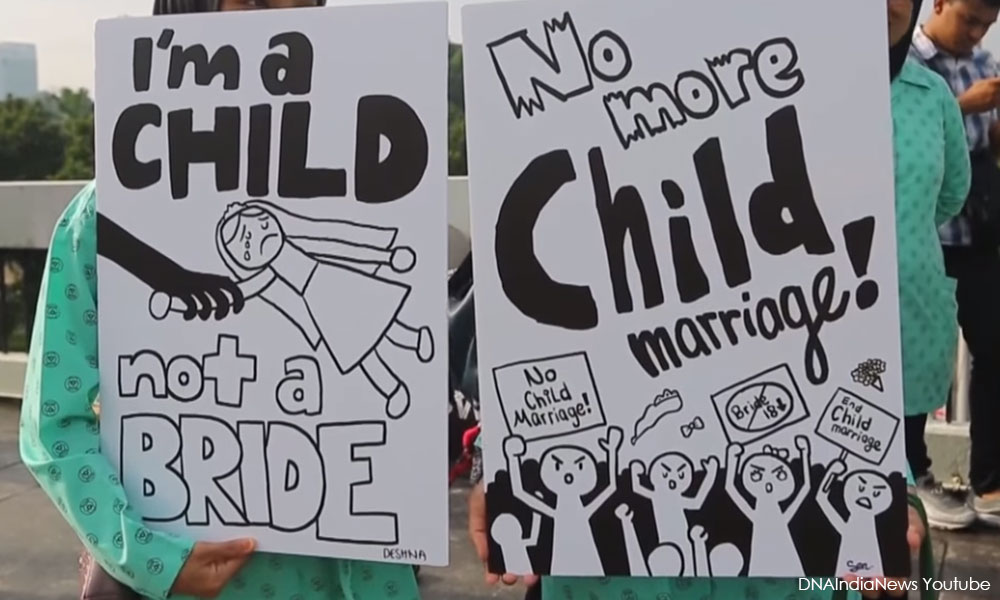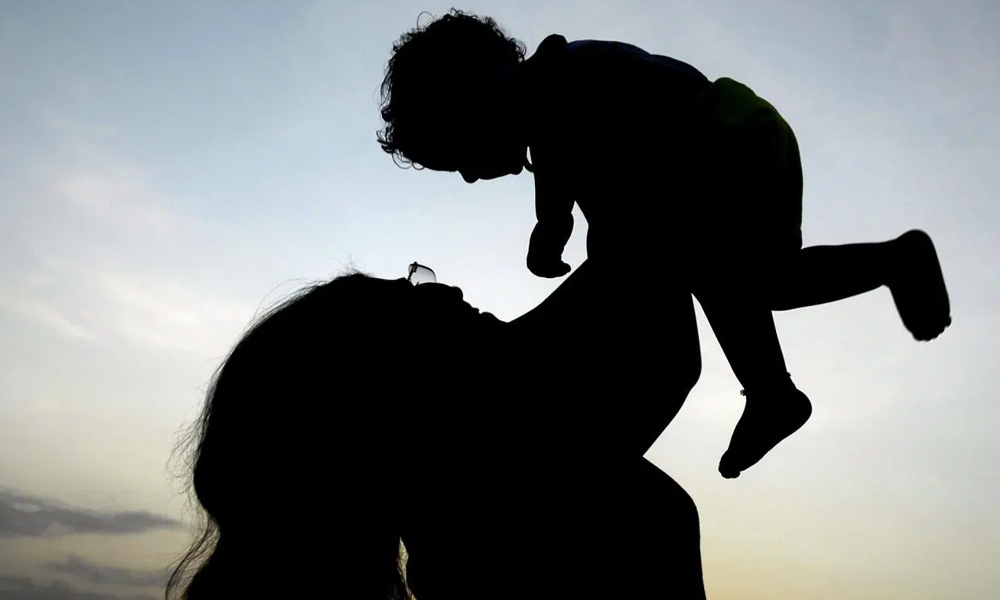The numbers are staggering. In July 2018, then deputy women, family and community development minister Hannah Yeoh announced that 14,999 child marriages were recorded between 2007 and 2017, with approximately 10,000 of them being Muslims.
Government data since have revealed that an average of 1,500 children in the country marry annually, with girl brides making up approximately 90 percent. The numbers told us that even long before the Covid-19 pandemic, an average of four children got married every day in our country.
Since the pandemic though, there has been a worrying trend of underage marriages in the country. In 2020 alone, 445 children dropped out of school because of marriage. The poor monitoring and reporting of the number of child marriages currently happening in our country pose a serious social and economic threat to our country’s development ambitions.
But here is the question, what is all this costing us? According to the World Bank and the International Center for Research on Women (ICRW), child marriage will cost developing countries to the tune of billions of dollars in healthcare and education costs, and this is on top of losses of potential earnings by the year 2030. As for the question of who is paying for all of this – taxpayers.
Poverty has been cited as one of the main reasons for child marriage, alongside the assumption that the girl will have a better life away from her impoverished family. However, in fact, the reality is that child marriage is a problem that perpetuates poverty.

Poverty is a huge financial burden to our country and a barrier to development. According to the Department of Statistics, the number of poor households increased to 639,800 in 2020 compared to 405,400 in 2019.
The welfare budgets have been insufficient for decades due to poverty being out of control. Poverty has also been associated with an increase in the crime rate, which also places significant financial weight on an already challenged economy which should instead be focusing on development.
Poverty due to child marriage results in a serious loss of potential labour that would have otherwise benefited our country. Child marriage means that children that should otherwise have gone through our education system and entered our intellectual workforce do not make it through.
It is therefore imperative that children are protected as much as possible from contributing and perpetuating these numbers. The building blocks for coming out of poverty need to begin with ensuring that no child drops out of school and that every child gains the opportunity to look forward to a bright future of their choosing.
A unique burden on girls
In light of Malaysia’s ageing population, it is important to create a pipeline where children are nurtured with opportunities to achieve national development goals. Condemning them to low-paying jobs or, worse, rendering them unemployable is unacceptable.
The rippling effect of poverty across multiple sectors has long been exposed and yet continues to be swept under the carpet. The disappearance of girls from our economy is becoming harder and harder to ignore.
Aside from their absence from the education system, these girls have an increased likelihood of emerging in the least ideal of circumstances, such as complications related to underage pregnancy and childbirth, survivors of domestic violence and welfare seekers.
According to the report by the World Bank and ICRW, ending child marriage could save governments as much as US$17 billion annually from education budgets instead of funnelling taxpayer money in a counterproductive direction.
The demands of Malaysia’s development goals expand beyond just depending on children to be able to graduate and work. It places a unique burden on girls to take Malaysia through the last mile of this ambition.
As an underinvested resource, many countries are realising that women bring far more value integrated into society than hidden from it. Diversity has an amplifying effect on productivity.
Change of mindset is necessary
Cultivating the contribution of women as an essential agenda item in the global development agenda begins with nurturing young girls. While much of the glass ceiling is being shattered in many parts of the world, including Malaysia, socio-cultural barriers still remain where perception and gender roles are concerned.
Many modern families now encourage women to contribute to the household income. However, there is still the expectation for women also to be the primary caregiver.
This double and triple burden borne by women was magnified over the pandemic and has led to a disproportionate drop of women in the workforce, which in turn has put such a dent in our economy that we have yet to recover from it. It is therefore fundamental that we adopt a holistic life cycle approach to the value of women and girls as part of our society.

They say that a change of mindset is necessary. I agree. But I also must stress the need for laws to reflect this urgent change of mindset. Whether one has yet to agree on the merits of child marriage, the act itself needs to end in order for the country to stop bleeding taxpayer ringgit in this direction.
In the same way that we have drug eradication campaigns, we also have laws to criminalise drugs. While we have anti-theft campaigns, we also criminalise burglary. We definitely can go ahead with campaigns to discourage child marriage, but like our neighbours, Thailand, Indonesia and the Philippines, and other Muslim-majority nations such as Saudi Arabia and Egypt, we must also have laws to stop it.
The national development agenda stresses that no one can be left behind. This includes girls who are vulnerable to child marriage. A country that aspires to be an inclusive high-income nation simply cannot afford to channel government spending in a direction that does not move forward this ambition. - Mkini
MAJIDAH HASHIM is s sustainability professional currently working in the area of communications, human rights, and policy development.
The views expressed here are those of the author/contributor and do not necessarily represent the views of MMKtT.




No comments:
Post a Comment
Note: Only a member of this blog may post a comment.